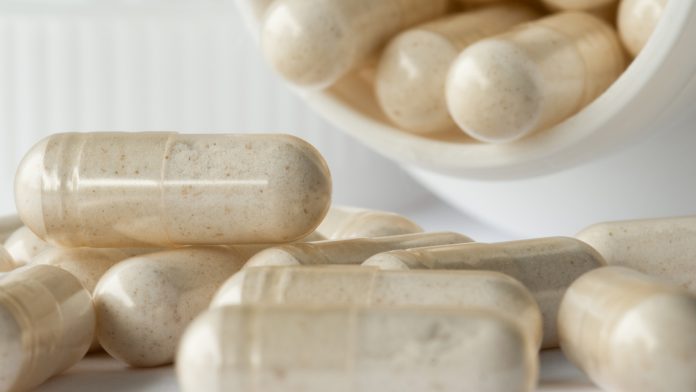
A new study from the University of Surrey has found that young women who took four weeks of prebiotic supplements made healthier food choices and consumed less sugar.
The prebiotic supplements used in this study were galacto-oligosaccharides (GOS) which increase the amount of “friendly” gut bacteria.
In a paper published by the journal Nutrients, researchers from the University of Surrey set out to investigate whether the GOS prebiotic supplements can influence the food habits of 48 healthy young women between the ages of 18 and 25 years.
The link between prebiotic supplements and sugar
The women were divided into a group that took the prebiotic supplements GOS (BiotisTM), and another group was given a placebo for 28 days. The women were tasked to keep a food diary of their eating and drinking habits; the researchers also collected a stool sample for microbiome sequencing.
The research team found that participants who used the GOS prebiotic supplements consumed 4.1% less sugar and 4.3% fewer calories from carbohydrates overall than women from the placebo group. The study also found that the women who took GOS prebiotic supplements consumed around 4.2% more energy from fats.
After further analysing the results, researchers from Surrey University found that prebiotic supplements modified the composition of the gut microbiome, which increases levels of Bifidobacterium. The researchers found that these changes were associated with the women’s nutritional intake over the four weeks.
Stress and anxiety blamed for “comfort eating”
Dr Kathrin Cohen Kadosh, lead author of the study from the University of Surrey, said: “In this study, we looked at the effect of prebiotic intake on the wellbeing of young women. Stress and anxiety have long been blamed for comfort eating, and there is growing evidence to support the influence of stress on unhealthy eating behaviours.
“This study, in conjunction with our previous research, suggests that boosting the growth of beneficial bacteria in the gut, such as Bifidobacterium with prebiotics, improves better wellbeing by reducing anxiety and may help to make healthier food choices.”
Dr Nicola Johnstone, the co-author of the study from the University of Surrey, added: “So far, our research makes it clear that prebiotics such as galacto-oligosaccharides is effective in increasing the growth of gut bacteria, and this may have a positive impact on what we eat and how we feel. Now, more work needs to be done to confirm and help us understand the mechanisms that allow galacto-oligosaccharides to suppress our longing for sugary products.”









